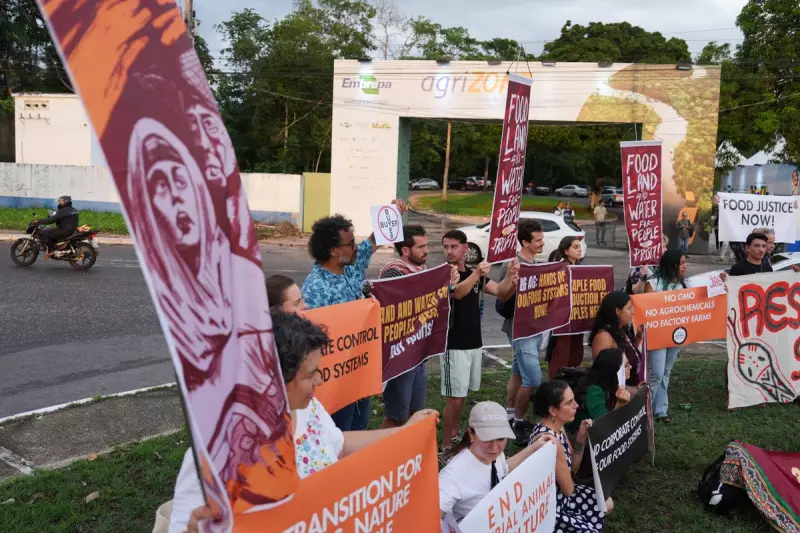
In a significant breakthrough for global climate action, negotiators at the COP30 summit in Belém, Brazil, have reached a tentative agreement, successfully navigating a major impasse over emissions cuts and financial aid.
Overnight Diplomacy Breaks Deadlock
The two-week conference, which was scheduled to conclude on Friday, 21st November 2025, stretched into overtime as delegates engaged in intense, all-night negotiations. These critical talks, led by host nation Brazil, were necessary to bridge deep divisions, particularly between the European Union and the Arab Group of nations, which includes major oil exporter Saudi Arabia.
The EU had been pushing for strong language on transitioning away from fossil fuels, a proposal that met with firm resistance. The stalemate was finally broken following the marathon session, paving the way for a proposed accord.
Key Elements of the COP30 Agreement
A draft deal issued on Saturday, 22nd November, outlined several key agreements. Countries agreed to triple the amount of money given to developing nations to help them withstand extreme weather events, with a target date of 2035. This resolves a central demand from poorer countries struggling with the impacts of climate change.
The agreement also includes steps to accelerate climate action and review related trade barriers. However, consensus could not be reached on including fossil fuels and forest protection directly in the official agreement.
To address this, COP30 President Andre Correa do Lago announced that the Brazilian presidency would publish separate 'roadmap' texts on these two critical issues. "I believe if we do it under the presidency we will have results," he stated, acknowledging the lack of maturity for a full consensus.
European Union Gives Cautious Approval
The European Union's climate commissioner, Wopke Hoekstra, commented on the proposed deal on Saturday, indicating that it was acceptable to the bloc. While he admitted the EU would have liked to achieve more, he endorsed the direction of the agreement. "We should support it because at least it is going in the right direction," Hoekstra said.
The deal now awaits formal approval in a closing plenary session, where it will require a consensus from all participating nations to be formally adopted.
In a related development, a Leaders' Declaration from a concurrent G20 meeting in South Africa emphasised the seriousness of climate change, a move seen as a snub to U.S. President Donald Trump, whose administration has been absent from these critical talks.





